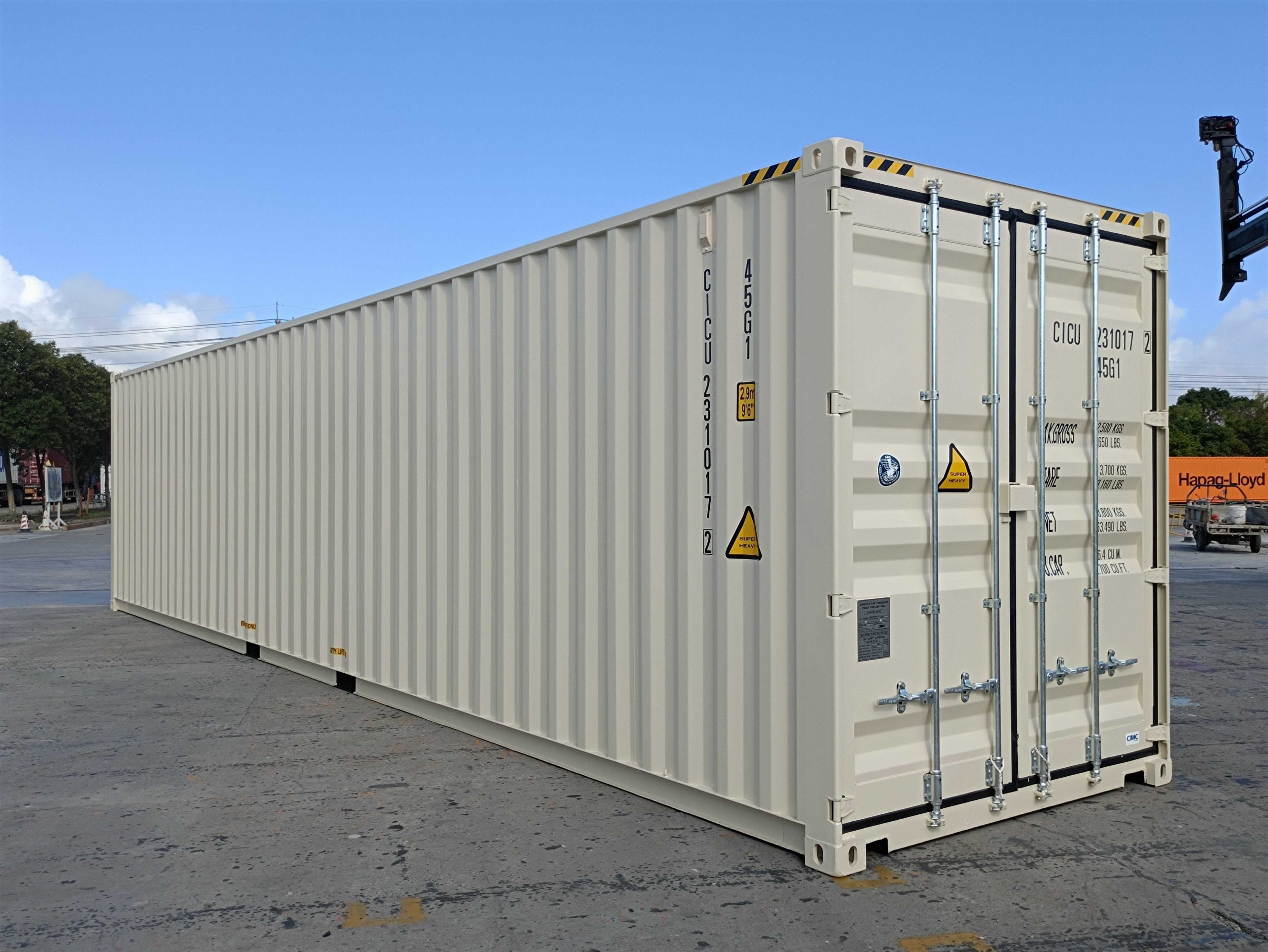Exploring the Shipping Container Marketplace: Trends, Opportunities, and Future Insights
The shipping container marketplace has actually seen considerable growth in recent years, driven by rising need throughout numerous industries, ingenious usages for containers, and the thriving global trade sector. With progressing economic landscapes and an increasing focus on sustainability, understanding the characteristics of this marketplace is important for potential purchasers, investors, and stakeholders. This post looks into the numerous sectors of the shipping container marketplace, its existing patterns, chances, and common FAQs.
What is a Shipping Container Marketplace?
A shipping container marketplace is a platform-- either physical or online-- where buyers and sellers can take part in the trade of shipping containers. These containers are commonly used for transferring items throughout international trade routes, and their energy has reached other sectors such as construction, housing, and retail.
Summary of the Shipping Container Market
The shipping container market is characterized by various aspects, including container types, rates, and applications. Below is a table that details important stats and functions of the international shipping container market:
| Category | Details |
|---|---|
| Current Market Size | Approximately ₤ 9.13 billion (2022 ) |
| Projected Growth Rate | CAGR of 7.12% from 2023 to 2030 |
| Significant Container Types | Standard, Refrigerated, Open-top, Flat-rack |
| Primary End Users | Logistics, Retail, Construction, Agriculture |
| Leading Regions | Asia-Pacific, North America, Europe |
Types of Shipping Containers
Shipping containers been available in different types, each created for specific functions. Comprehending these can help purchasers select the best container for their requirements.
Common Types of Shipping Containers:
- Standard Containers: These are the most regularly used containers, usually determined at 20 and 40 feet in length. Ideal for basic shipping requirements.
- Refrigerated Containers (Reefers): Designed to carry temperature-sensitive items, such as perishable food items.
- Open-Top Containers: Ideal for carrying oversized cargo that can not fit through standard container doors.
- Flat-Rack Containers: Used for heavy equipment and products that do not require full enclosure.
- High Cube Containers: Taller than standard containers, offering extra vertical area for cargo.
- Tanks: Specifically designed to transport liquid items safely.
Current Marketplace Trends
The shipping container marketplace is continually progressing, influenced by various elements such as technological advancements, supply chain modifications, and ecological considerations. Below are some current trends shaping the marketplace:
- Increased Demand for Modular Construction: Shipping containers are getting popularity in the construction market due to their cost-effectiveness and sustainability. They are repurposed into homes, offices, and pop-up shops.
- Sustainability Focus: With global efforts towards minimizing carbon footprints, numerous companies are adopting recycled shipping containers for various commercial purposes.
- E-commerce Growth: The surge in e-commerce activities has straight influenced the shipping container need, as more products are transported worldwide to meet consumer needs.
- Technological Integration: Innovations such as IoT devices in shipping containers are improving tracking, safety, and efficiency in logistics.
Opportunities in the Shipping Container Marketplace
The shipping container marketplace presents several chances for business owners, services, and investors seeking to go into or broaden within the market. Here are some prospective locations of growth and development:
- Innovative Container Designs: Creating specialized containers for specific niche markets can provide a competitive advantage.
- Storage Solutions: Offering portable storage options utilizing shipping containers, especially in city areas where area is restricted.
- Occasion Spaces: Repurposing containers into unique venues for occasions, celebrations, and exhibitions.
- Diverse Recycling Practices: Establishing a business concentrated on refurbishing and reselling used containers.
- Technology-Driven Services: Developing applications or platforms that take advantage of information and analytics to optimize container usage and routing.
Obstacles Facing the Shipping Container Marketplace
While the shipping container marketplace carries considerable opportunities, it is not without obstacles. A few of the essential problems include:
- Supply Chain Disruptions: Global crises such as pandemics can result in substantial hold-ups in container delivery and availability.
- Regulative Hurdles: Complying with worldwide shipping regulations and requirements can be complicated and pricey.
- Market Competition: The market has seen an influx of gamers, making it a highly competitive environment.
Regularly Asked Questions (FAQ)
1. What is the typical price of a shipping container?
The typical cost of a used standard shipping container usually varies in between ₤ 2,000 and ₤ 5,000, depending on the condition and type. New containers can cost considerably more.
2. How long do shipping containers last?
With appropriate upkeep, shipping containers can last 25 years or more. However, Shipping Container Office -span can vary based upon usage and ecological conditions.
3. Are shipping containers easy to purchase?
Yes, purchasing shipping containers can be straightforward. Buyers can get in touch with local merchants, online marketplaces, or specialized business dealing in container sales.
4. Can shipping containers be transported quickly?
Shipping containers are created for transport through land, sea, and rail. They can quickly be moved utilizing trucks equipped with the required lifting devices.
5. What are the environmental advantages of using shipping containers?
Using recycled shipping containers can significantly decrease waste, as they repurpose products instead of making use of new resources. They also promote sustainable practices in construction and other industries.
The shipping container marketplace is a vibrant and broadening sector, using many prospects for those happy to explore its capacity. Given the special benefits containers provide and the numerous patterns influencing their use, stakeholders need to stay educated about the market characteristics. Whether you're a financier, a company owner, or a private looking to make use of containers, understanding this marketplace can help with strategic decisions and foster growth in numerous applications. As the world becomes progressively interconnected, the significance of shipping containers will just continue to rise, making this marketplace a focal point for future advancements.

